GENOME DATA
Promoting individual health and well-being
New genome data will revolutionise healthcare
Sitra is supporting the Ministry of Social Affairs and Health in the preparation of a national genome strategy. Currently under way, the preparation work is scheduled for completion in the spring of 2015. Read more here.
Tremendous opportunities lie in new genetic research methods for analysing what makes people healthy or fall ill, and how to prevent and cure diseases. Genome-related information can be used to make better individual choices, target screening and diagnostics and choose the most effective medications. People can thus take responsibility for and affect their own well-being if they wish to do so.
Genome-related information can be used to chart the risk factors threatening an individual’s health and to provide more precise and effective treatment. In addition to hereditary factors – the genome – a person’s health and well-being are affected by environmental factors, personal choices and chance. Analysis of hereditary risk factors enables a shift towards more preventive and cost-effective healthcare.
Individual genome-related information is the key to adopting a new way of thinking and practices in well-being and healthcare. The cost of genome sequencing has fallen one million-fold during the last few years. In addition to healthcare professionals, consumers can purchase their individual genome-related information directly from genome data service providers.
Genome data as a tool for well-being
Sitra aims to ensure that genome-related information will be put to effective use as part of individual well-being, healthcare and the prevention of illnesses on a national scale. This would enable people to live longer and healthier lives.
Citizens must therefore be provided with the opportunity to access information on key hereditary risk factors affecting their health and well-being. We must start from the idea that individuals will have ownership of their personal genome data and the right to decide on its use.
Sitra promotes the use of genome data and self-care by participating in pilot and co-operation projects. Projects are launched and implemented together with various partners. Sitra also seeks to encourage service provision and business in this field in Finland, for example by investing in top companies in the sector.
The field and its service business prospects for Finnish companies are described in the report Direct-to-consumer genome data services and their business models (in Finnish).
Background
Professor Leena Palotie envisioned a wise and humane future for the use of genome information as early as in 2000: “Who owns an individual’s genome information and to what extent should this information be made available to the individual, his or her family, the healthcare system, the employer or the insurance company? A wise solution to these questions requires not only social debate but also national and international agreements and legislation, based on a sincere aim of acting in the individual’s best interests – not those of society.” (Leena Palotie: Mihin genomiprojekti johtaa? Duodecim, 2000, in Finnish).
In his book, American cardiologist and geneticist Eric Topol describes the potential major transition in healthcare, in which a key role would be played by genome information and its use. According to Dr Topol, the transition will only be possible if consumers demand it. Eric Topol: Creative Destruction of Medicine – How the digital revolution will create better health care, Basic Books, New York, 2012.
The Faroe Islands is offering its entire population the opportunity to take part in whole genome sequencing: Faroe Islands Aim to Sequence Genes of Entire Country, Discover Magazine, 2013.
The Institute for Molecular Medicine Finland (FIMM) conducts world-class research in charting the genome of the Finnish population and has compiled a Finnish gene atlas. In its work, FIMM combines high-quality research and technology with unique patient data and biobank material. The aim is to promote translational research and the adoption of personalised medicine in healthcare. The new Finnish Gene Atlas places Finns on the world’s genetic map, FIMM 2010.
Geeniatlas paljastaa suomalaisten poikkeavuuden, Yliopisto-lehti 2010 (in Finnish).
Hyvä kunto – mitä se on? Suomen Liikunnan Ammattilaiset SLA ry (in Finnish).
Report on how the UK can benefit from the adoption of genomic technology. The report includes a strategic vision and practical recommendations: Genomic Technology in Healthcare: Building On Our Inheritance, UK 2012.
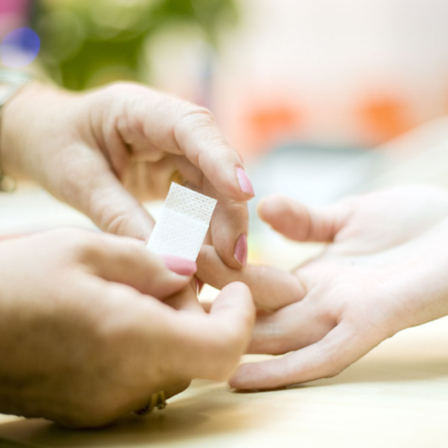



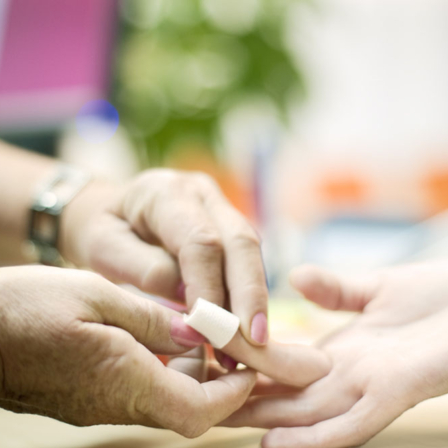


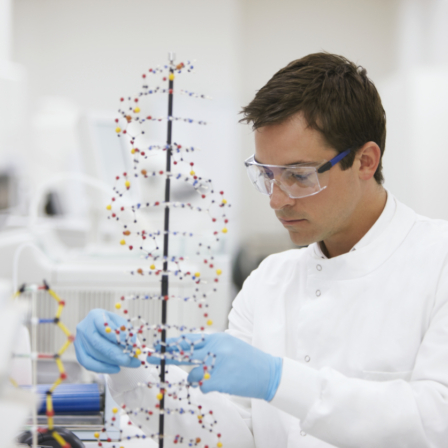
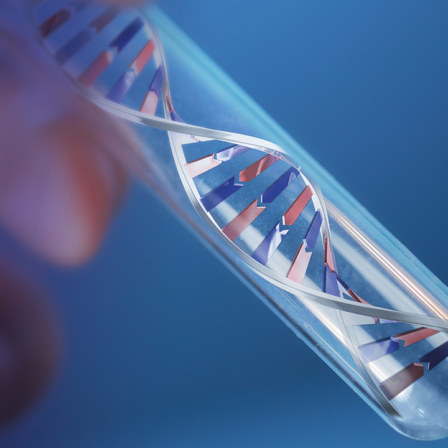
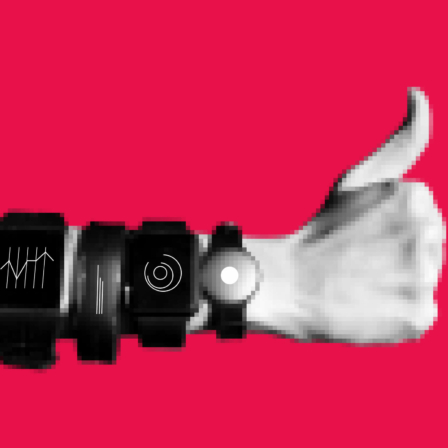





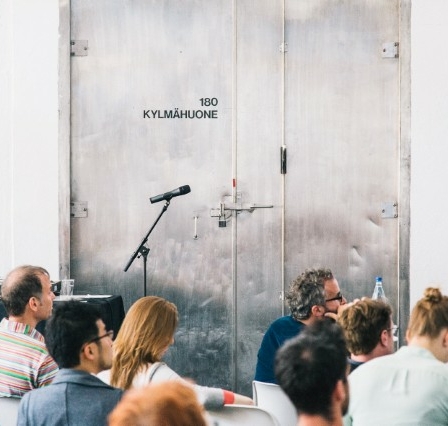


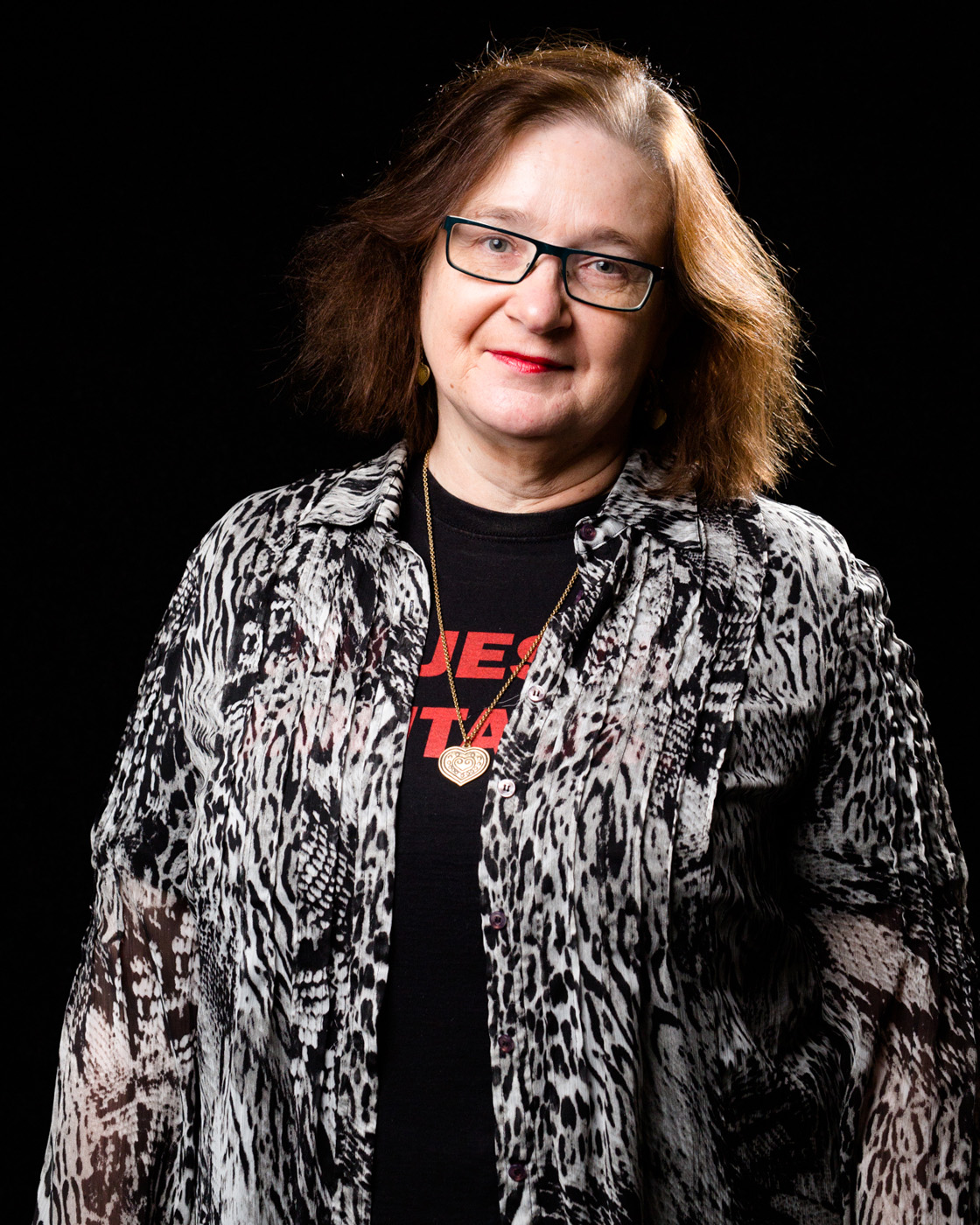
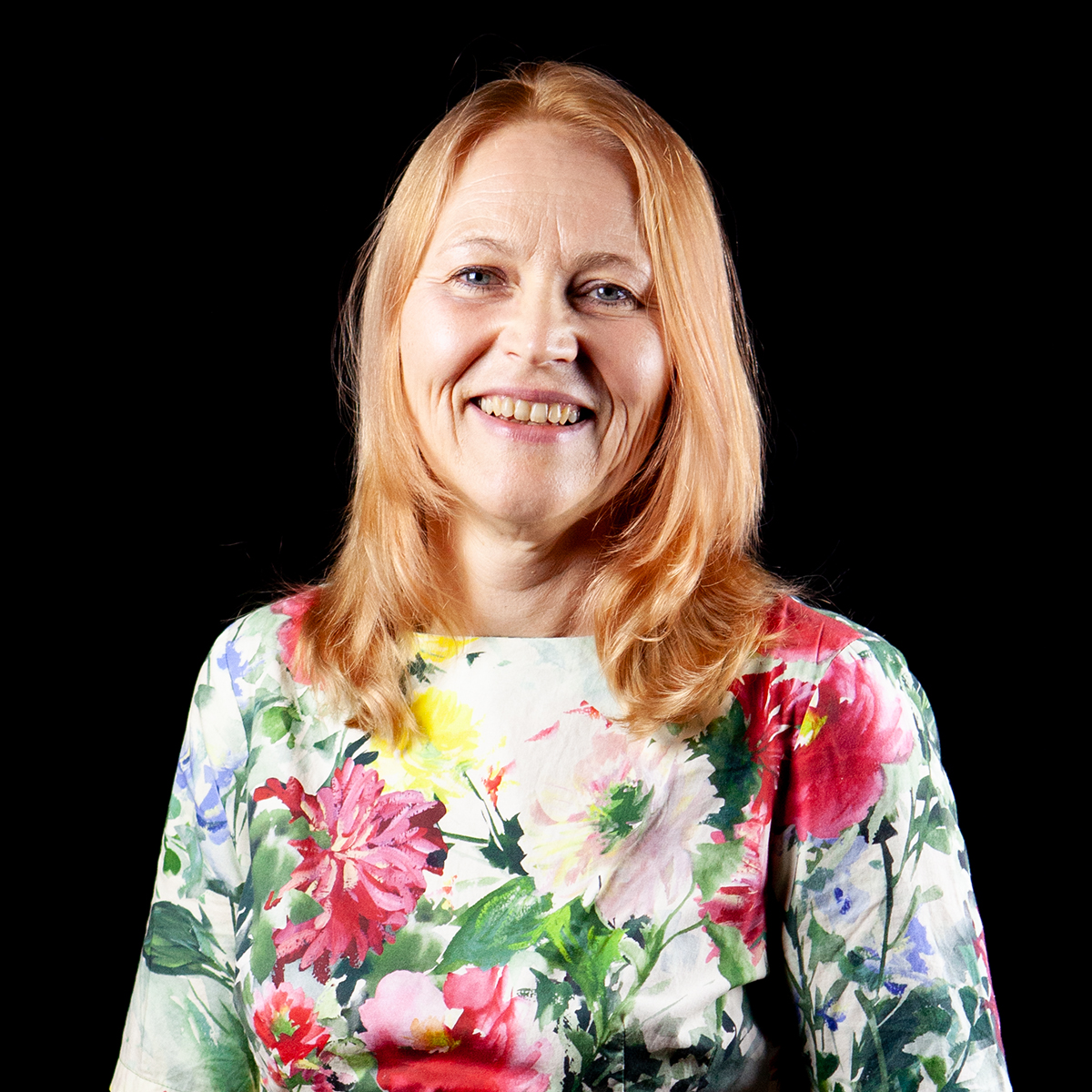
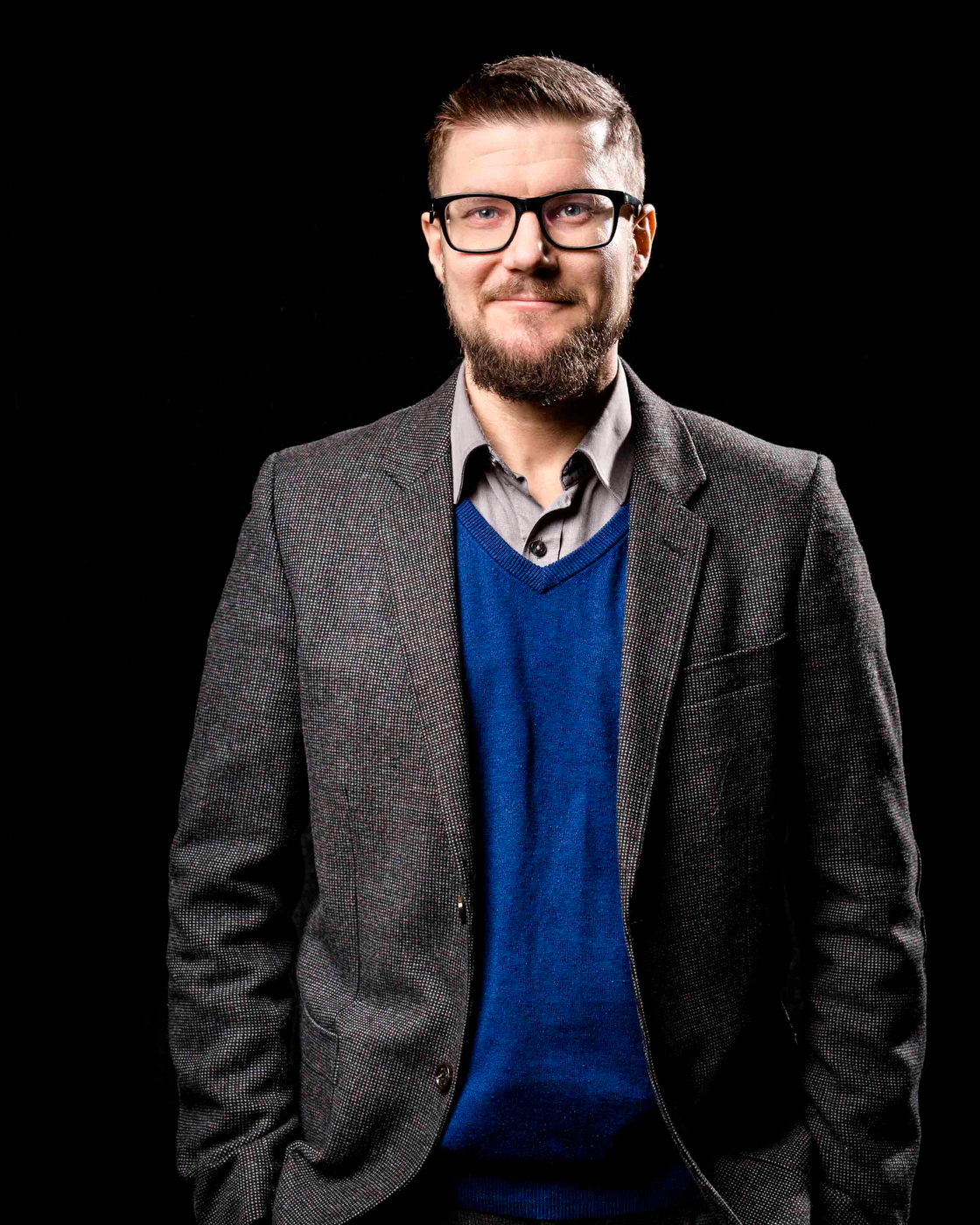

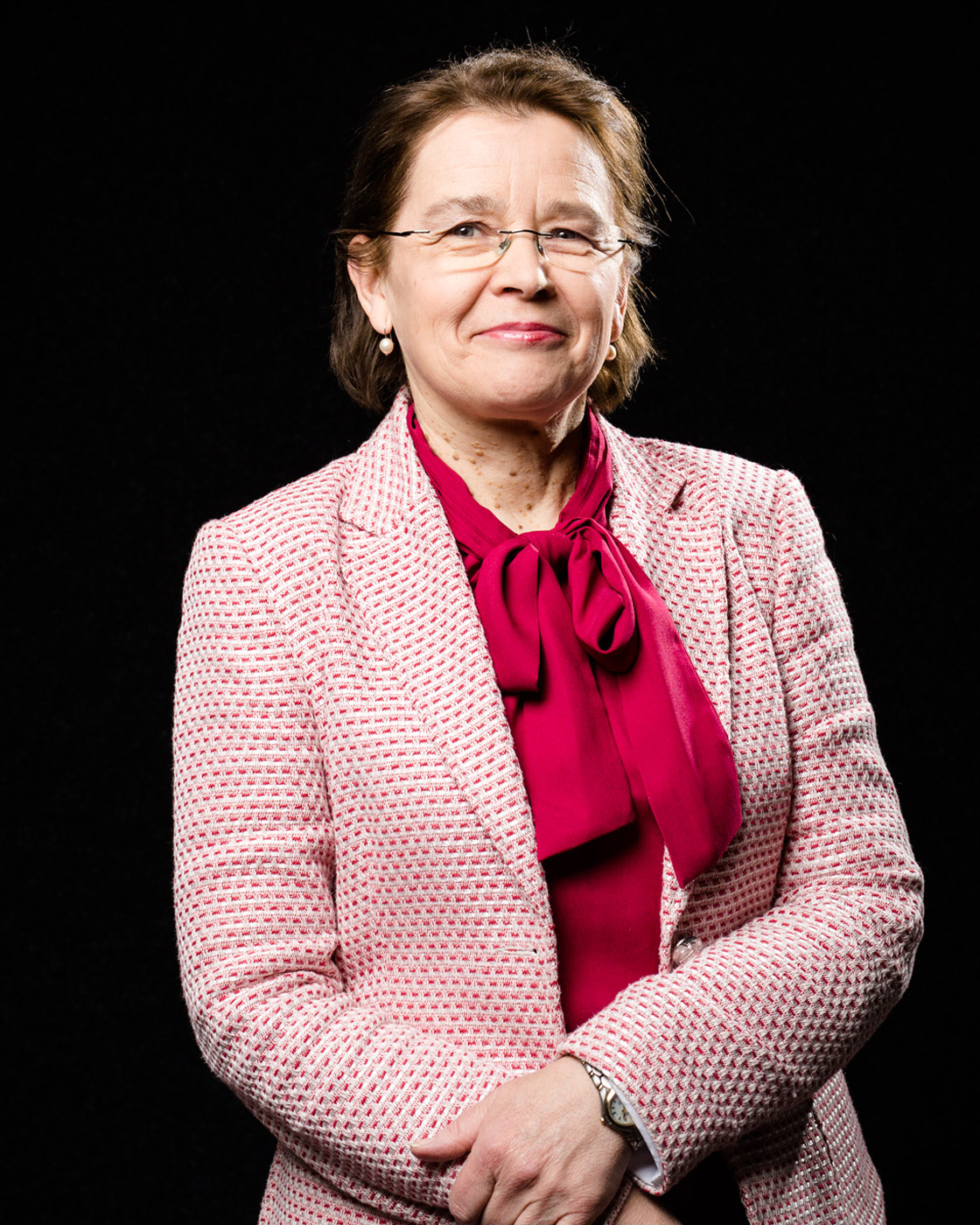
LATEST